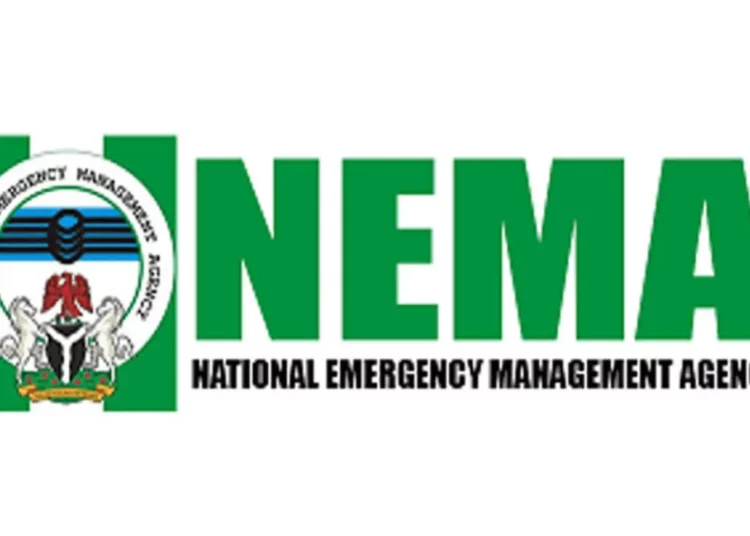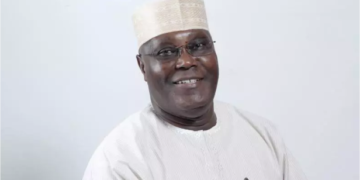In a bid to strengthen disaster preparedness and improve coordinated emergency response in Sokoto State, the Sokoto State Emergency Management Agency (SEMA), in collaboration with the National Emergency Management Agency (NEMA) and with technical support from the United Nations Children’s Fund (UNICEF), has concluded a two-day stakeholder workshop.
The workshop brought together key actors from across emergency response sectors to strategise on enhancing disaster readiness, coordination, and mitigation efforts.
Also in attendance was Michael Juma, UNICEF’s Chief of the Sokoto Field Office, alongside other UNICEF personnel, highlighting the agency’s commitment to supporting resilience and preparedness efforts in the region.
Head of NEMA Sokoto Operations Office, Alhaji Aliyu Shehu Kafin-Dangi, represented by the Planning, Research, and Statistics Officer, Tukur Abubakar, underscored the need for robust multi-agency collaboration to address the increasing risk of disasters in vulnerable communities.
The Honourable Aminu Liman Bodinga, Special Adviser to the Governor on SEMA, commended UNICEF for its continuous partnership and described the event as timely, particularly in light of recent forecasts from the Nigerian Meteorological Agency (NIMET) indicating that eight local government areas in Sokoto are at high risk of flooding this year.
“This initiative is crucial, especially with the forecast by NIMET and the 2025 flood outlook, which have identified Sokoto among the states likely to be severely affected. We must be prepared to reduce the impact on our people,” Bodinga said.
The workshop drew participants from emergency management agencies, local government authorities, security forces, health officials, civil society organizations, and Local Government Disaster Management Desk Officers.
Discussions focused on improving coordination in critical areas such as food and nutrition, water, sanitation and hygiene (WASH), health, emergency shelter and non-food items (NFI), camp coordination, education, protection, security, and community sensitisation.
The workshop concluded with stakeholders agreeing on key contingency planning measures and pledging to enhance inter-agency cooperation for more effective disaster management in Sokoto State.
A democracy that represses the press is a democracy in crisis. When journalists are intimidated, voices from the public sphere are ignored, dissent is suppressed, and the system ceases to be accountable. The Nigerian Constitution is clear that the media must uphold the people’s right to know and serve as a check on power. Yet, these duties are continually undermined through harassment and censorship.
Findings from WSCIJ’s Journalism and Civic Space Status Report, show that 90% of recorded attacks on journalists occurred while they were discharging their duties. Politicians and police officers account for 70% of these cases. The complicity of state actors in intimidating journalists is well documented locally and globally. When institutions meant to uphold the law become perpetrators, public trust erodes, and democracy weakens.
At WSCIJ, we are certain journalism is a cornerstone of democracy. When journalists are safe, informed, and free to report without fear, citizens are empowered to engage meaningfully with governance. Investigative reporting is democracy’s conscience. It exposes corruption, abuse, and regulatory failure and points the way to justice.
As we reflect on 26 years of unbroken civilian rule, we must ask – Are our institutions stronger? Are our freedoms deeper? Is the press truly free? Are our citizens heard? At our Democracy Day event, the call was clear to reform law enforcement practices; ensure government upholds constitutional protections; support journalists facing political backlash; end coordinated smear campaigns; and empower media and civil society to challenge repressive policies and advocate for press freedom.
Democracy must be nurtured, reformed, and protected and it cannot thrive without a free press. This work requires integrity in leadership, vigilance from citizens, and a collective commitment from media and government. WSCIJ remains committed to building a democracy that works for all through storytelling, civic dialogue, capacity development, and investigative journalism.
This June 12, let us recommit to the practice of democracy as much as the ideal of democracy. A Nigeria where truth thrives is possible and worth fighting for.





